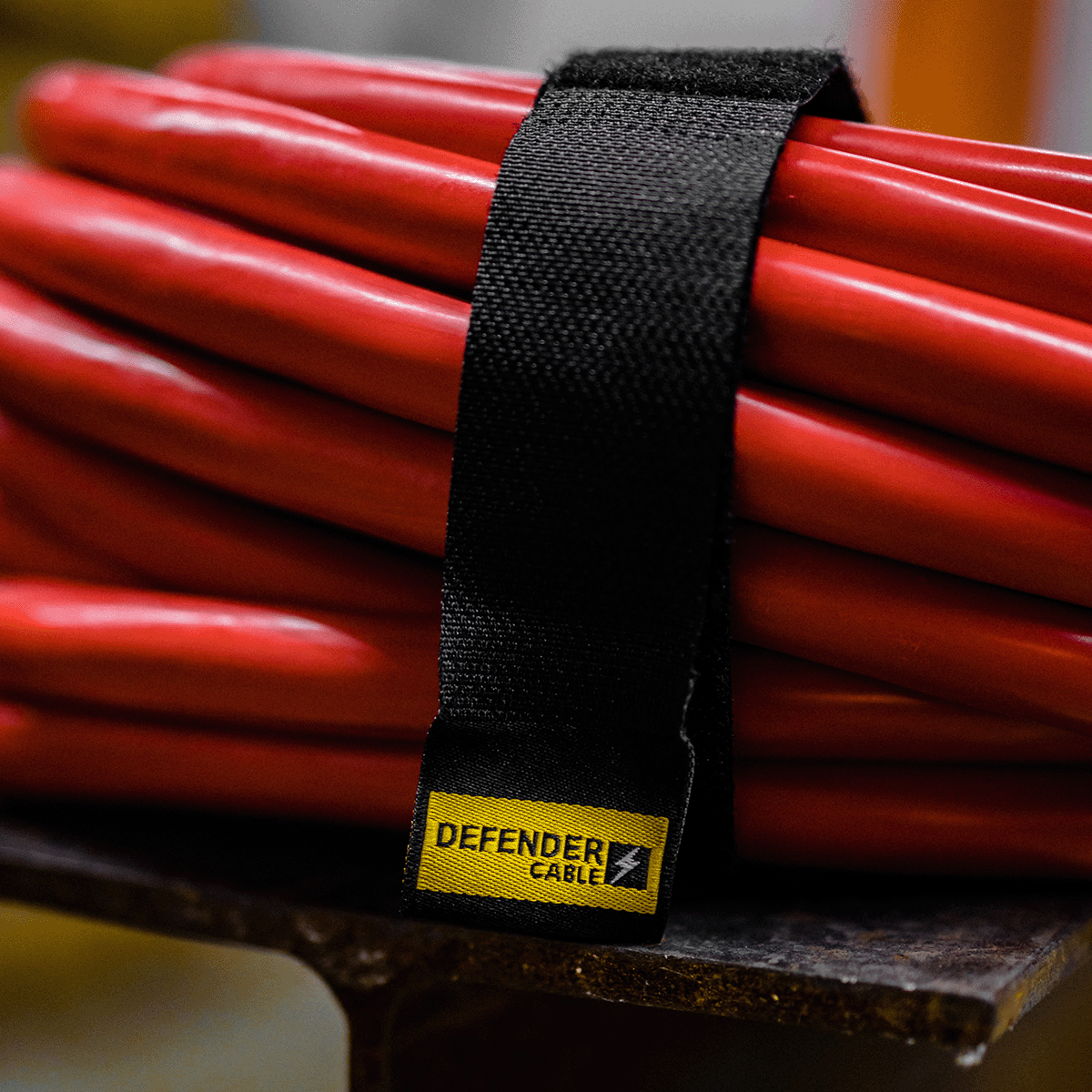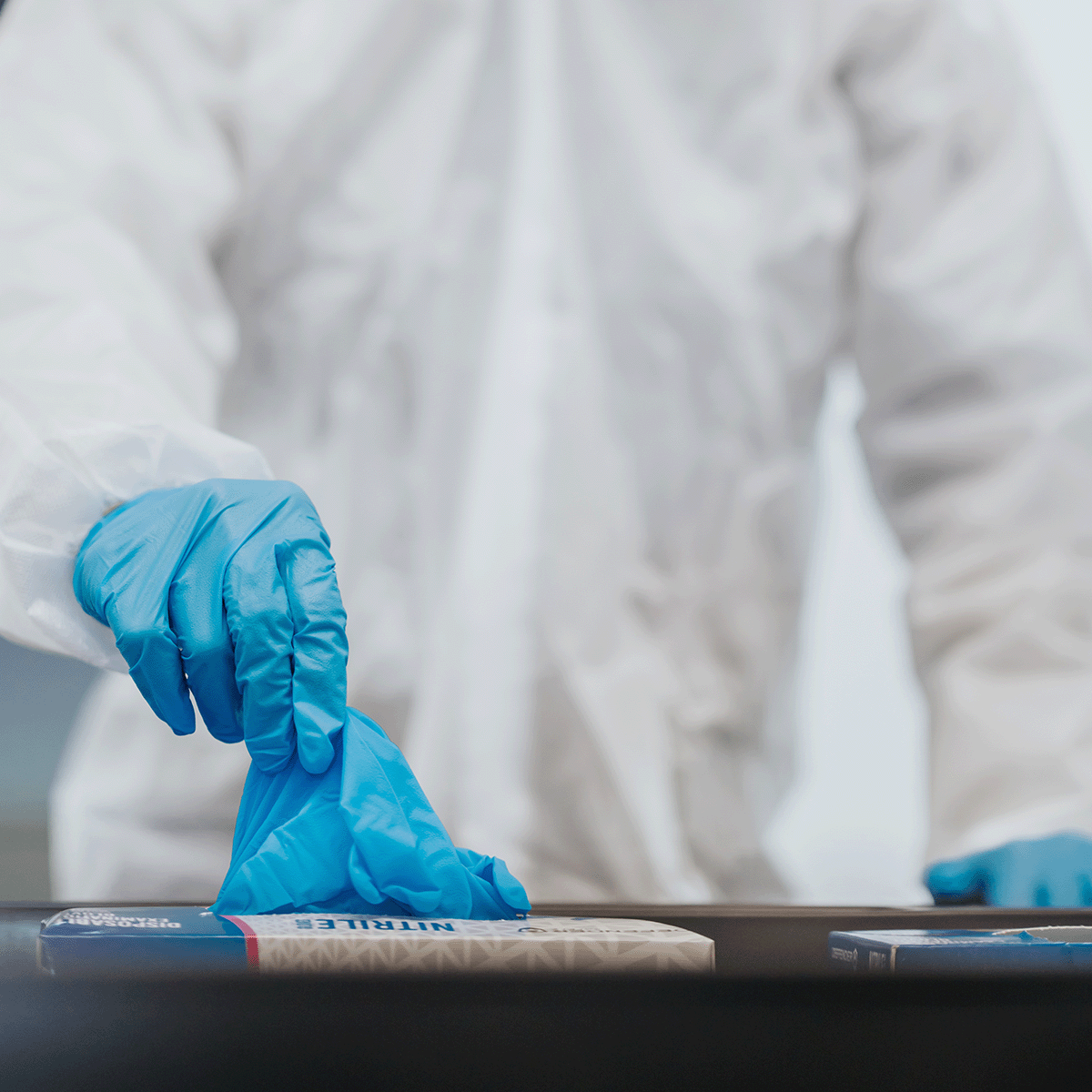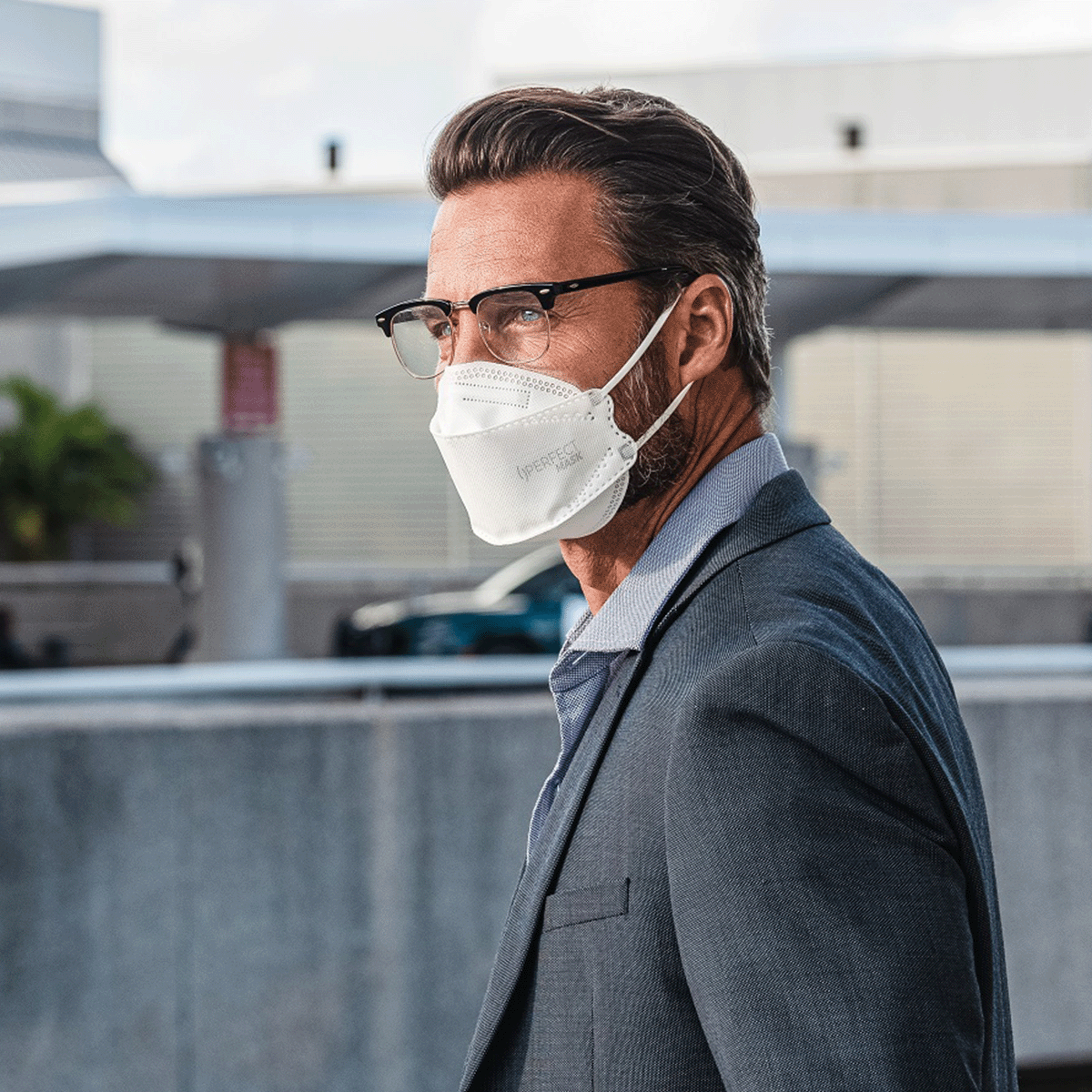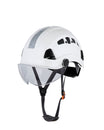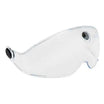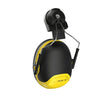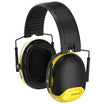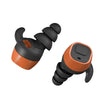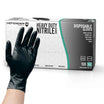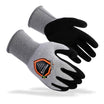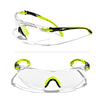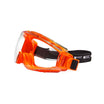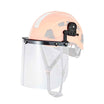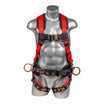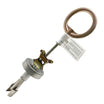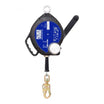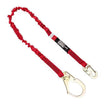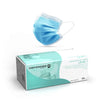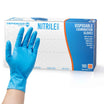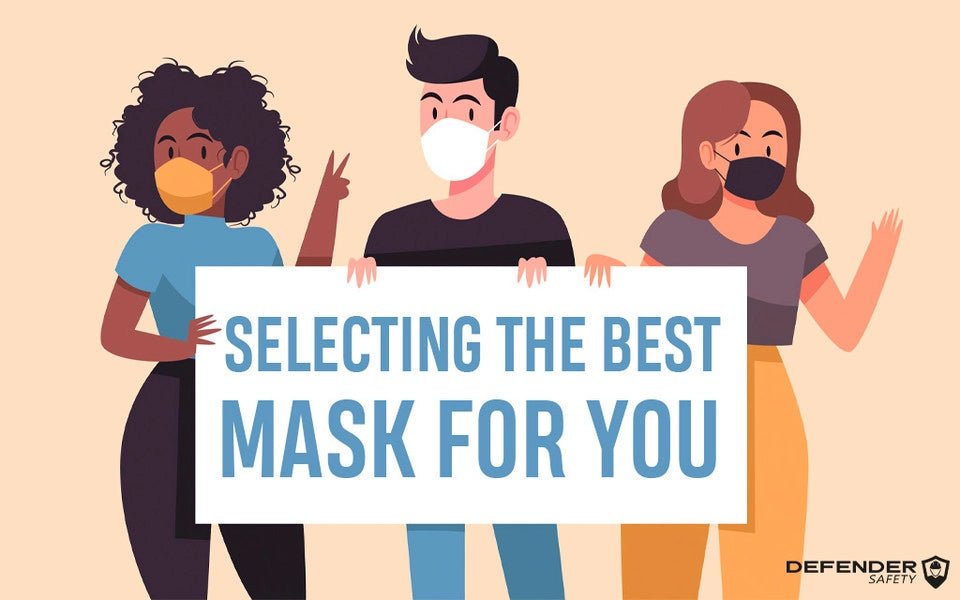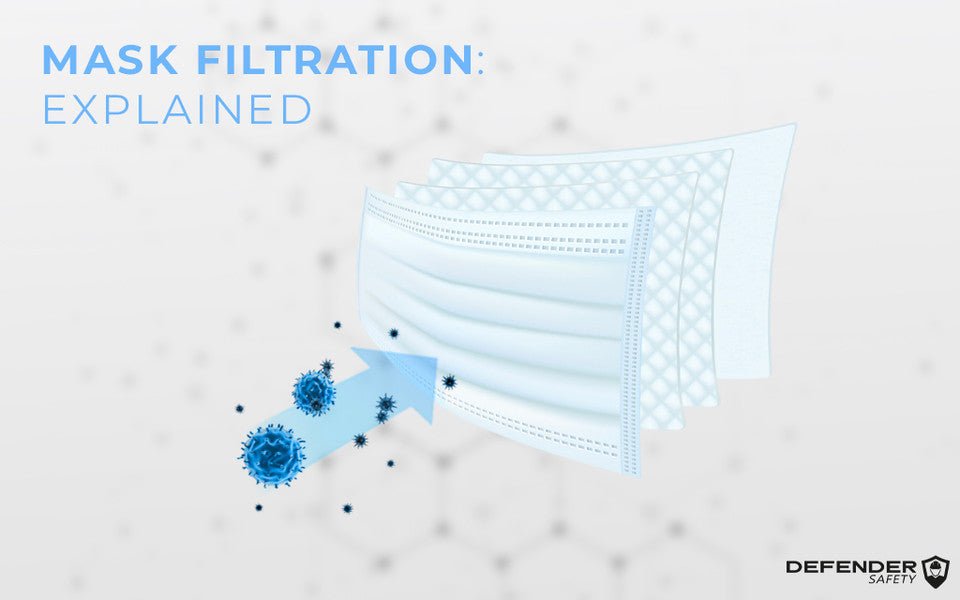In the past several decades, disposable gloves have become a tried and true means to prevent cross-contamination between patients and caregivers, and provide protection against dangerous chemicals and bacteria.This past year a heightened public awareness of personal health and safety, along with an increase in end users across hospitality, government, and restaurants, has led to significant growth for the global disposable gloves market. But as the U.S. has begun to reopen, it’s become clear that much of this demand will be enduring for the long term. For non-pandemic industry needs ranging from food services to surgery, are all gloves equally effective?Certain materials and glove designs are better suited for specific environments. With disposable gloves in particular, the level of protection, dexterity, comfort, durability and more all vary widely among popular glove types, including latex, nitrile and vinyl. Glove selection can seem
deceptively straightforward, but between weighing a number of performance options and working to ensure all safety guidelines are met, it’s not always an easy decision. As a leading developer of high-quality medical gloves, we’ll break down some of the disposable glove types available and the advantages and disadvantages of each.
Latex
Given their considerable elasticity, comfort and tailored fit, latex gloves can be worn for many high-risk situations, such as surgical procedures. However, due to its natural rubber components, it’s not best for use with dangerous chemicals. Latex tends to be unstable around organically solvent chemicals like ammonia, which can erode the surface of the glove. It’s also prone to punctures, and its rubber material makes it difficult to detect once a hole has been created. For handling chemicals, the improved dexterity is likely not worth the risk. Allergies are another important consideration. While latex gloves are suitable for certain medical environments, latex allergies are extremely common and can make glove use uncomfortable and harmful for the wearer. Even for those without any previous latex allergy symptoms, frequent and ongoing use has in some cases led allergies to develop.
Vinyl Gloves
Made from a petroleum-based film called polyvinyl chloride (PVC), vinyl gloves are typically one of the cheapest options given it has fairly low manufacturing costs. That being said, vinyl gloves are also much less durable than both latex and nitrile gloves, and offer limited protection against either chemical or biomedical exposure. When stretched or flexed, vinyl material is predisposed to lose the integrity of its protective barrier and can be easily compromised. Due to these limitations, vinyl gloves are best used in non-hazardous and low-infection environments, like food preparation, where they can affordably be purchased in bulk. It’s worth noting that of the disposable gloves we’ve discussed, vinyl gloves in particular have garnered considerable criticism for their environmental impact. The production of PVC releases a significant number of dioxins -- which have been shown to cause reproductive, developmental and other health problems -- into the atmosphere. This also occurs when burning or disposing of vinyl gloves in landfills.
Nitrile Gloves
Nitrile gloves are typically the most expensive option. Despite this, many healthcare professionals prefer them as an alternative to latex since the gloves resemble the stretchy feel of latex gloves, are highly durable and puncture resistant, but don’t carry nearly the same risk level for allergic reactions. Nitrile gloves are also a good choice for interaction with common chemicals like acetone, ethanol, isobutyl, and isopropyl, but not for highly corrosive chemicals, like ammonium hydroxide, nitric acid, formic acid, and acetic acid, which should be handled with butyl or neoprene gloves. Despite their many benefits, nitrile gloves, unfortunately, continue to experience supply chain disruptions, which, in turn, have driven more price surges and rendered them much less accessible.


